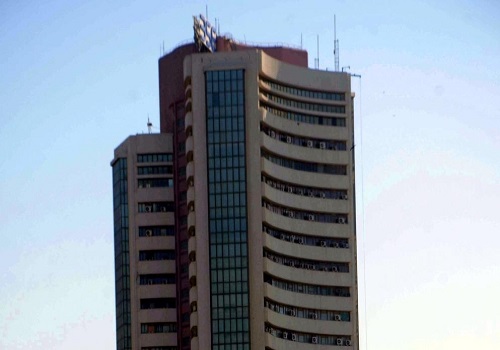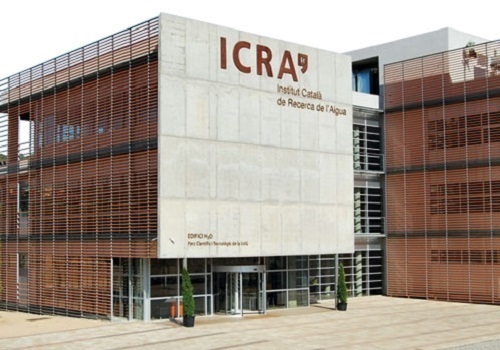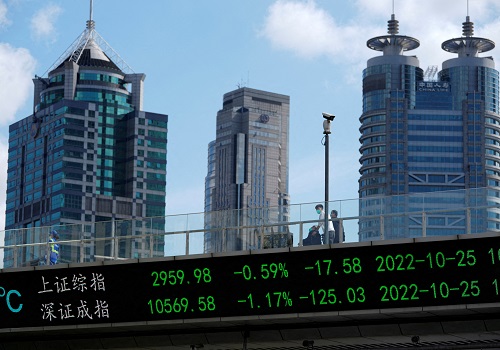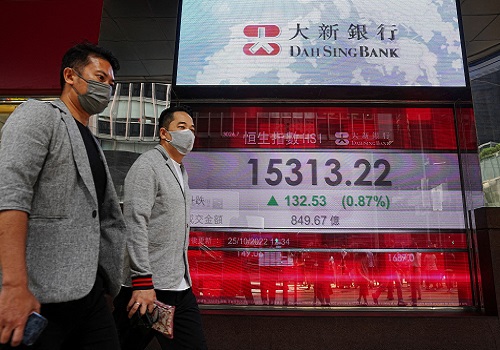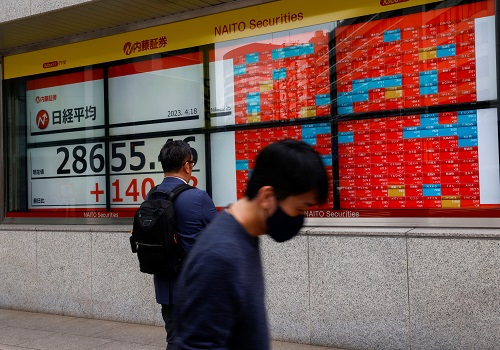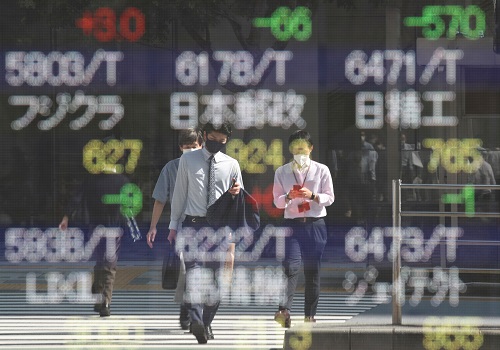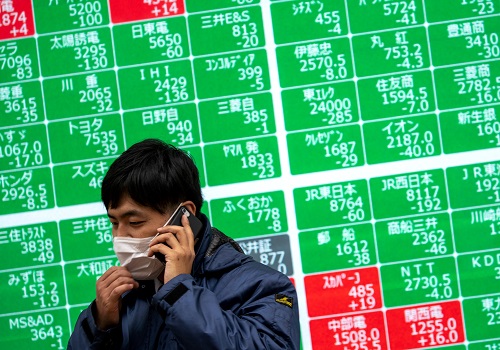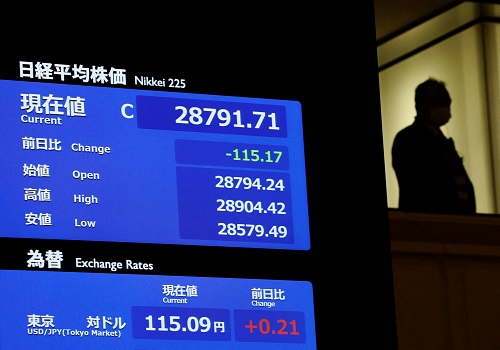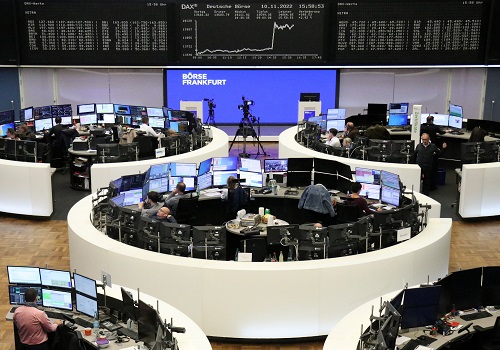World shares dip as China growth disappoints, oil extends rally
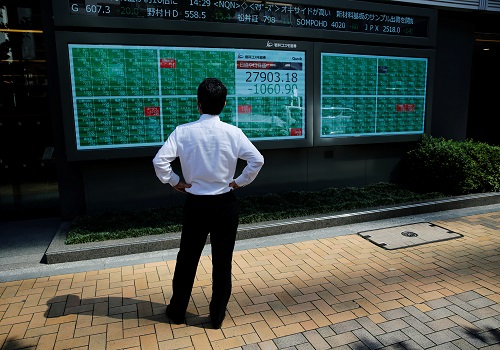
Follow us Now on Telegram ! Get daily 10 - 12 important updates on Business, Finance and Investment. Join our Telegram Channel
MILAN - World shares dipped on Monday after data showed slower-than-expected growth in China's economy last quarter and surging oil prices fed inflation concerns.
Calls by China's President Xi Jinping on Friday to make progress on a long-awaited property tax to help reduce wealth gaps also soured the mood.
An MSCI gauge of global stocks was down 0.1% by 0808 GMT as losses in Asia and a weak open in Europe erased part of the gains seen last week on a strong start to the earnings season.
U.S. stock futures were also lower with S&P 500 e-minis last down 0.2% and Nasdaq e-minis down 0.3%.
China's gross domestic product grew 4.9% in the July-September quarter from a year earlier, its weakest pace since the third quarter of 2020. The world's second-largest economy is grappling with power shortages, supply bottlenecks, sporadic COVID-19 outbreaks and debt problems in its property sector.
Oil prices extended a recent rally amid a global energy shortage with U.S. crude touching a seven-year high and Brent a three-year peak.
Europe's STOXX 600 equity benchmark index fell 0.4%, dragged by luxury stocks, which are heavily exposed to China, and some poor earning updates. [.EU]
Chinese blue chips fell 1.2% and the Shanghai Composite Index lost 0.1%.
"The Chinese economy grew slower in the third quarter, mainly because of policy challenges and high base effects from last year," said Iris Pang, economist at Dutch bank ING.
"We expect these two factors will continue to be in play for the fourth quarter, which means the slow growth of the Chinese economy will continue," she added.
Shane Oliver, chief economist at AMP, said investors also continued to worry about global inflation, which was being driven by the reopening of many economies after COVID-19 restrictions and supply chain issues.
On Monday, data showed New Zealand's consumer price index rose 2.2% in the third quarter, its biggest rise in over a decade, causing the local dollar to jump as much as 0.5% before changing course.
Some other currencies are also responding to rising inflation expectations, as investors increasingly bet central banks will have to raise rates.
The dollar rose 0.1% against a basket of peers to 94.04, in sight of a one-year high hit last Monday, as traders position themselves for a looming tapering of the Federal Reserve's massive bond buying programme.
Against a stronger dollar, sterling managed to steady after hawkish comments from Bank of England Governor Andrew Bailey over the weekend.
The yen meanwhile traded near its lowest in nearly three years against the dollar, as the Japanese central bank looked increasingly likely to trail behind other monetary authorities in terms of rate hikes.
On debt markets, global repricing of interest rate expectations pushed Euro zone bond yields back towards recent multi-month highs. Germany's 10-year Bund yields, the benchmark for the region, was up 3 basis points at -0.14%.
High energy costs are driving some of the inflation fears and Brent crude was last up 0.5% at $85.30 per barrel and U.S. crude up 0.9% to $83.02.
Gold fell 0.2% at $1,763 an ounce, after falling 1.5% on Friday as upbeat retail sales drove U.S. bond yields higher.
Bitcoin rose 1% to $62,168. It gained last week on hopes that U.S. regulators would allow a cryptocurrency exchange-traded fund to trade.
(Reporting by Danilo Masoni and Alun John; editing by Jason Neely)












 320-x-100_uti_gold.jpg" alt="Advertisement">
320-x-100_uti_gold.jpg" alt="Advertisement">

